The demand for used cars is surging, and setting out to purchase a pre-owned vehicle demands more than just a keen eye for a shiny, scratchless exterior. As the market expands, ensuring you’re making a well-informed purchase decision cannot be stressed enough. According to recent statistics, over 38 million used cars change hands in the United States in 2022.
With such staggering numbers, going down the winding road to find the perfect used car requires more than a test drive; it demands a guiding roadmap, which we’ve laid out here for you today.
In this guide, we’re not just throwing you the keys; we’re handing over an all-inclusive toolkit for a savvy buyer. So, fasten your seatbelt as we rev up the engine to equip you with the knowledge you need, steering you through the twists and turns of the used car market so you’re not left stranded on the side of the road waiting for roadside assistance if you get in a sticky situation.
Make An Informed Decisions When Shopping For Used Cars
Beyond glossy finishes, let’s get into the nitty-gritty details so you have an exhaustive checklist and insightful guide that empowers you to make informed decisions, ensuring your used car purchase is not just a ride but a reliable vehicle that meets your demands.
First things first, you need to understand your needs and requirements.
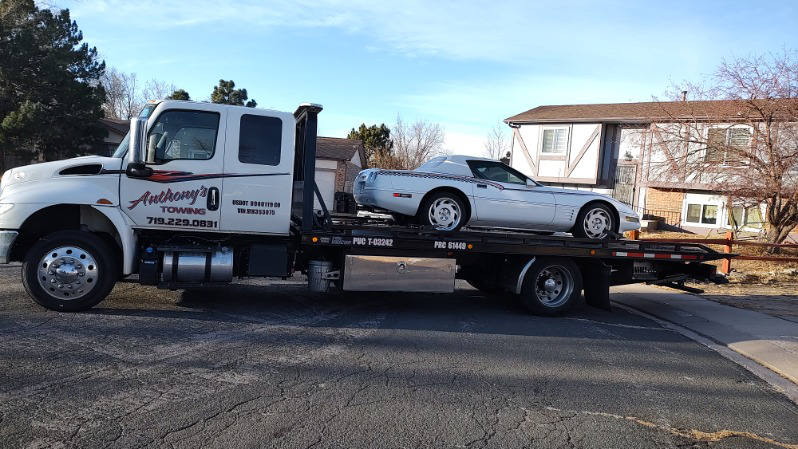
Assessing Your Budget and Considering Financing Options
Determining a budget and sticking to it is the starting line for any successful used car purchase. To find your way through this financial terrain effectively, consider your current financial status, accounting for income, expenses, and any existing debts. Assessing your budget involves more than just listing numbers. If you’re thinking of applying for a loan, you’ll need to understand what monthly payment comfortably fits your lifestyle and decide on a car accordingly.
Opting for a used car is a wise move to make, given their affordability and the avoidance of steep depreciation seen with new vehicles. However, keep in mind that the financing landscape for used cars comes with unique challenges. Used car loans often carry higher interest rates and more stringent restrictions compared to their new counterparts. You’ll need to do some research to determine the best used car loan companies, focusing on crucial factors like rates, terms, and fees to assist you in securing the most suitable loan for your vehicle.
From traditional options like banks and credit unions, known for competitive rates, to online lenders offering a broader spectrum of choices, you’ll need to equip yourself with the knowledge to make an informed financing decision. When comparing used car loans, look into aspects such as APR, term lengths, credit and vehicle requirements, fees, dealership availability, and the lender’s stance on private-party purchases. Additionally, don’t forget to explore alternatives to traditional car loans, including leasing, trading in old vehicles, saving up to buy in cash, and digging into need-based car loans and grants if you’re in a low-income bracket.
You’ll be off to a good start for your used car financing journey by understanding these intricacies.
Lifestyle Considerations
Beyond finances, it’s essential to understand that one size doesn’t fit all in the world of used cars or much else for that matter. From the size that suits your lifestyle to the fuel efficiency that aligns with your daily commute and the must-have features that make every drive enjoyable, when deciding, ask yourself what matters most to you.
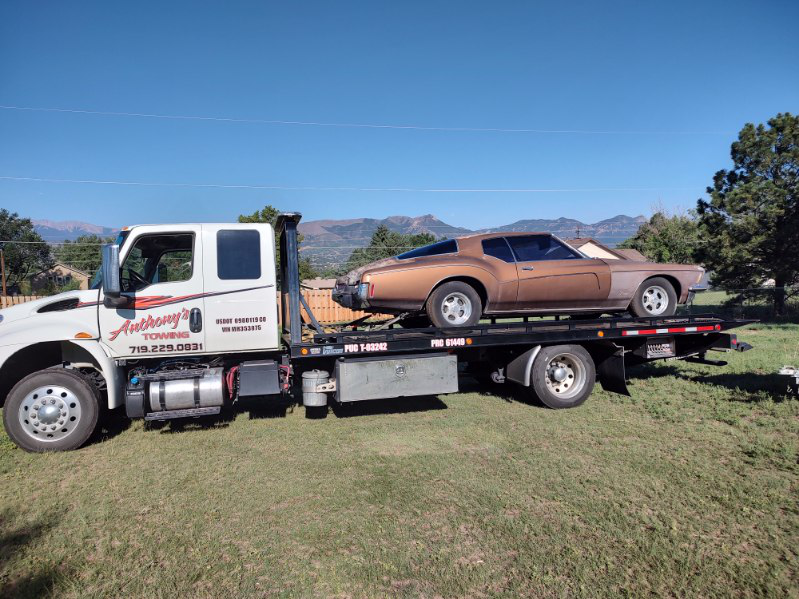
Here are some things you may want to consider when shopping around:
- Assess your daily commute and travel requirements. Consider the distance you’ll cover regularly, whether it involves city driving, highways, or off-road conditions.
- Evaluate the fuel efficiency of different models. If you have a long daily commute, opting for a fuel-efficient car can significantly impact your overall expenses.
- Determine the space and seating requirements based on your lifestyle. If you have a family or would like to embark on road trips, prioritize vehicles with ample seating and cargo space.
- Don’t forget to give weightage to safety features, including airbags, anti-lock brakes, traction control, and advanced safety technologies. This is crucial regardless of whether you have passengers or family members.
- Consider the environmental impact of your choice. If eco-friendliness is important to you, explore hybrid or electric options.
- Assess your parking situation or limitations and the maneuverability needed for your regular spaces. A compact car might be more suitable for urban dwellers with smaller parking areas.
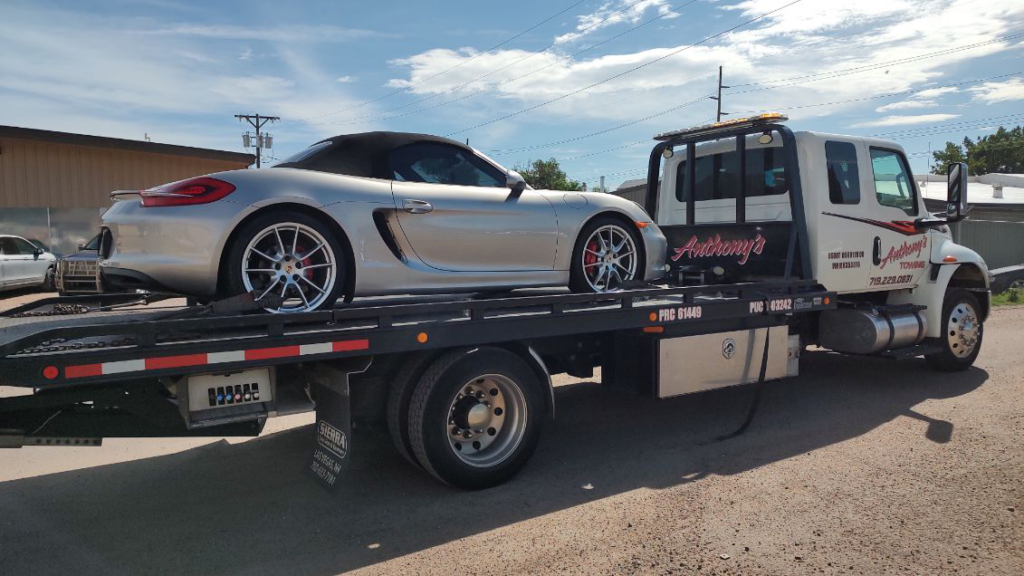
- Research the expected maintenance costs for different models. Some cars may have higher maintenance expenses or require specialized services. You don’t want to skimp on regular repairs and maintenance only to have to call for towing peyton co.
- If you value in-car technology, look for models with advanced infotainment systems, connectivity options, and driver-assistance features.
- Consider the resale value of the vehicle. Some brands and models retain their value better than others, which can impact your overall cost of ownership.
- Factor in personal preferences, such as driving experience, aesthetics, and brand loyalty. Test-driving different models helps assess how well they align with your preferences.
- If you live in an area with extreme weather conditions, prioritize features like all-wheel drive for snowy climates.
- Consider your future plans. If you anticipate lifestyle changes, such as starting a family or taking on new hobbies that require specific vehicle features, choose a car that aligns with your evolving needs.
- Clearly define your budget, as mentioned above, and stick to it. This includes not just the purchase price but also ongoing expenses like insurance, maintenance, and potential repairs.
- Research the reliability of different models and consider the overall reputation of car brands. A reliable car can save you money in the long run and provide peace of mind.
- Investigate the insurance costs associated with different models. Some cars may have higher insurance premiums based on factors like safety ratings and theft rates.
By considering these factors, you’ll be able to focus your search and find a used car that aligns with your daily needs, preferences, and long-term plans.
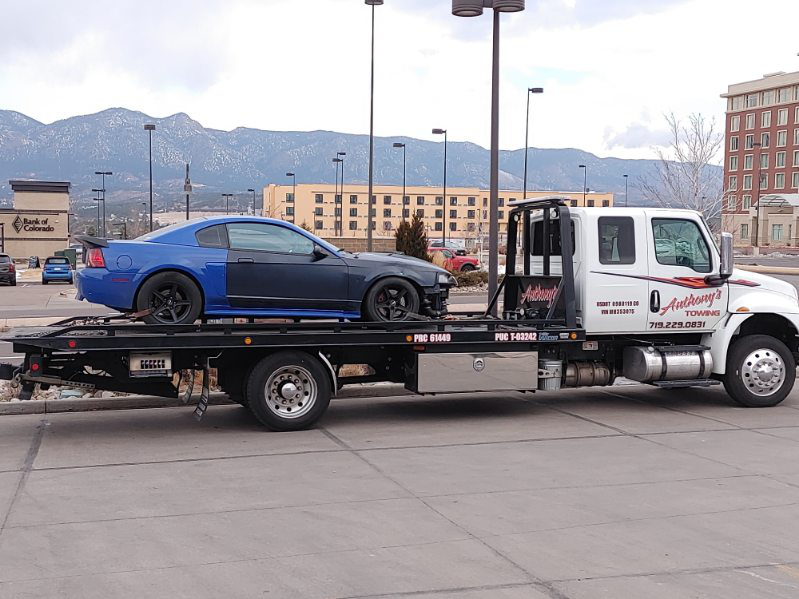
The Next Step: Researching The Market
When looking to get yourself a used car, it’s essential to explore reputable dealerships and private sellers. Start by seeking recommendations from friends, family, or online reviews to identify trustworthy dealerships. Visit the dealership in person, inspecting the overall atmosphere and the condition of the cars on the lot. Ask questions about the vehicle’s history, maintenance records, and any existing issues.
A reliable seller should be transparent and provide accurate information. Additionally, consider obtaining a vehicle history report to gain insights into the car’s past accidents, title status, and odometer readings. Negotiate the price based on your research and, if possible, have a trusted mechanic inspect the car before finalizing the purchase to ensure you’re getting a good deal.
Another avenue to explore during your market research is online resources. Websites like Kelley Blue Book, Edmunds, and Autotrader provide valuable information on used car prices, reviews, and specifications. These platforms allow you to compare prices for similar models in your area, giving you a better understanding of the market value.
We know it’s a lot to take in, but try to pay attention to user reviews and ratings, as they offer insights into the real experiences of other buyers with specific makes and models. Having said that, do exercise caution when dealing with private sellers online. Arrange meetings in public places, bring a friend, and ensure the necessary paperwork is completed securely. By combining insights from reputable dealerships and leveraging online resources, you’ll be well-equipped to find something that fits your budget and fulfills your requirements.
Once you’ve found something you like, either online or in-person, you’re going to want to take it for a spin to really get a feel for it.
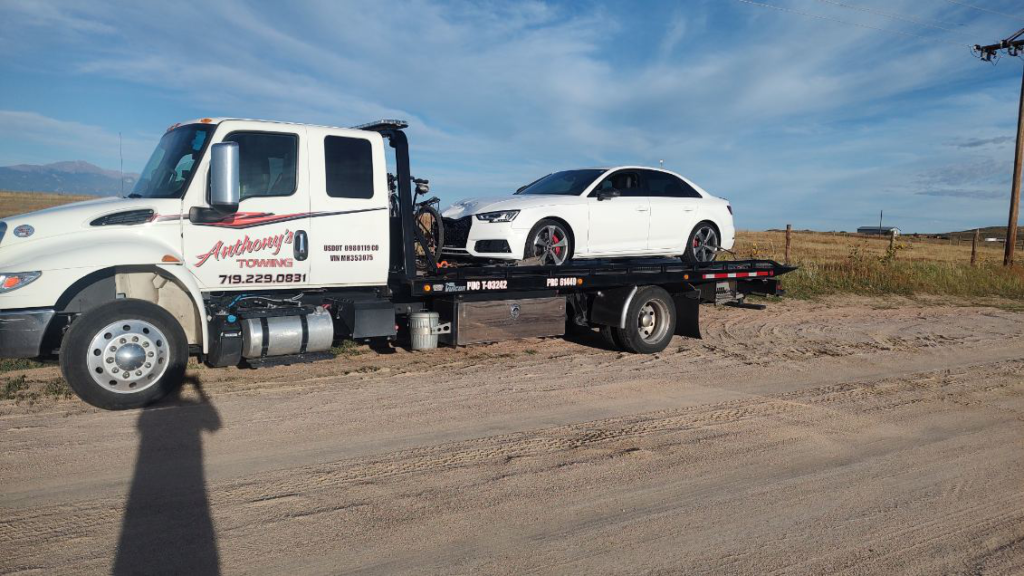
Test-Drive Tips And Tricks
Before embarking on a test drive, it’s crucial to prepare by checking essential paperwork.
- Verify that the seller has all the necessary documents, including the title, maintenance records, and inspection reports.
- Ensure that the vehicle identification number (VIN) on the paperwork matches the one on the car.
- Also, confirm that the seller has the legal right to sell the car.
- Before hitting the road, choose a safe and familiar environment for the test drive.
- Inspect the exterior for any signs of damage or irregularities, as these may affect the vehicle’s performance.
During the test drive, follow a checklist to thoroughly evaluate the car.
- Check the brakes, acceleration, and steering responsiveness.
- Pay attention to how the car handles turns and bumps.
- Listen for any unusual sounds, such as squeaks or rattles.
- Test all the features, including lights, air conditioning, and electronic components.
- Evaluate the visibility from all angles and check the alignment of the wheels.
- Take note of the vehicle’s overall performance and assess whether it meets your expectations.
Test driving is a crucial step in the buying process as it allows you to assess the car’s condition firsthand. It helps you identify any potential issues with handling, performance, or unusual sounds that might not be apparent from a visual inspection. A thorough test drive ensures that you are making an informed decision and helps prevent unexpected problems after the purchase. By being vigilant during the drive, you can be confident that you’re making a purchase you can rely on.

Negotiating And Closing The Deal On a Used Car
Happy with what you’ve found? Now it’s time to negotiate the price and close the deal so you can drive your trusty steed to its new home. But first, let’s take a look at the importance of vehicle history reports.
Understanding Vehicle History Reports
When purchasing a used car, obtaining a comprehensive vehicle history report cannot be ignored. These reports offer a detailed account of the car’s past, revealing critical information about accidents, title issues, odometer readings, and more. They provide transparency and help buyers make informed decisions. To obtain a vehicle history report, use reputable services like the National Motor Vehicle Title Information System (NMVTIS). Enter the vehicle identification number (VIN) to access the report. Once obtained, carefully review the report, paying attention to any red flags such as salvage titles, accidents, or inconsistent odometer readings. A clean history report should give you confidence in the vehicle’s condition and can be a valuable negotiation tool.
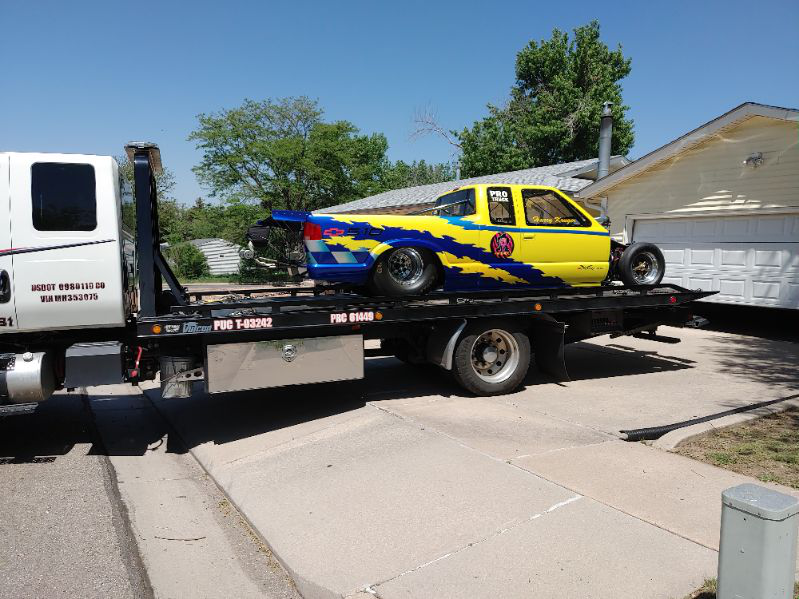
Negotiating the Deal
If you want a great deal, you need to be well-versed in the art of negotiation. Research the fair market value of the specific make and model to establish a reasonable baseline for negotiations, and be prepared to walk away if the terms are not favorable. Here’s how you can strike the right balance:
- Negotiate the out-the-door price, which includes all taxes and fees, to avoid surprises.
- Consider additional costs such as registration, documentation fees, and any aftermarket additions.
- Leverage any issues identified in the vehicle history report to negotiate a lower price.
- Don’t forget to discuss warranties and included services; extended warranties or added perks can be arranged into the deal.
- Lastly, be patient, stay firm on your budget, and aim for a win-win outcome.
Image Caption: Silver Car Gets A Driveway Rescue
Image File Name: silver_car_tow_truck_driveway
Image Alt Text: A silver car on a tow truck in a driveway, surrounded by trees, against the sky.
Closing the Deal
Closing the deal involves finalizing paperwork and ensuring that all terms are clearly understood. Here are some tips to make the process smooth sailing:
- Review the contract thoroughly before signing, verifying that it aligns with the negotiated terms.
- If something is unclear, ask for clarification.
- Be cautious of additional fees or services that were not part of the initial negotiation.
- Confirm the payment options; while cash is straightforward, financing may require pre-approval.
- Secure all necessary documentation, including the title, bill of sale, and any warranty paperwork.
- Complete the required paperwork promptly to avoid delays.
- Once everything is in order, make the agreed-upon payment and take possession of the car.
With careful attention to detail, negotiating and closing the deal can be a smooth and satisfactory process, ensuring a successful purchase.
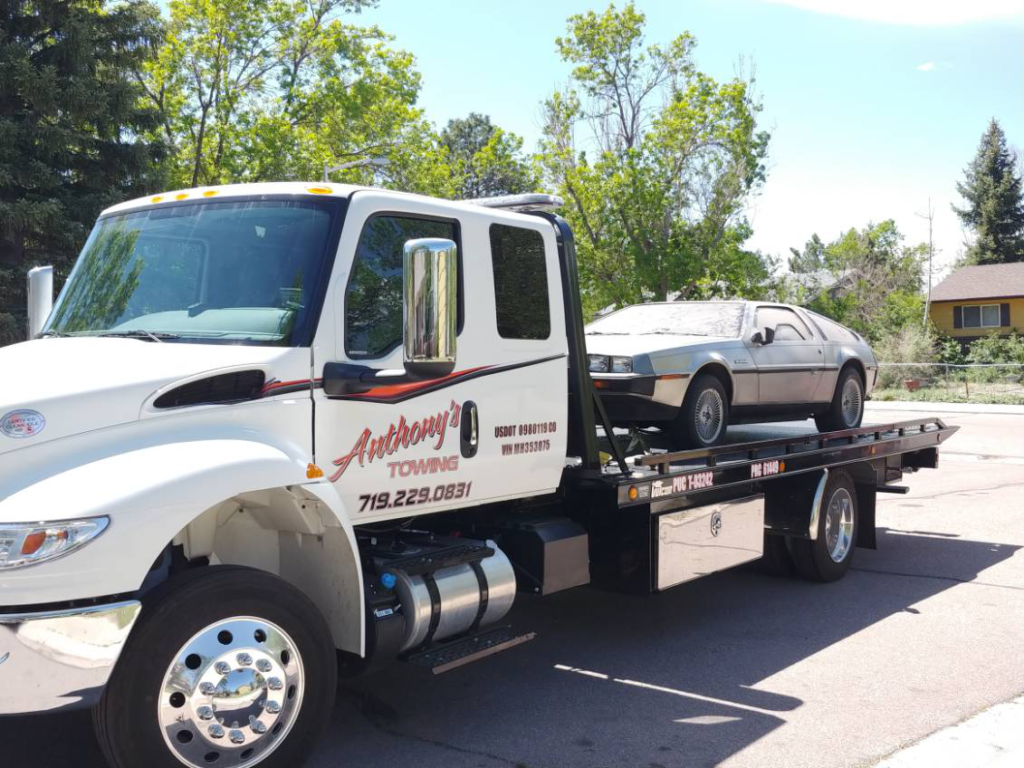
Post-Purchasing Tips For Your New Buy
Thrilled to bits with your new acquisition? After purchasing a used car, don’t forget to register it with the local DMV and ensure compliance with regulations. You’ll also want to schedule regular checkups to keep it working in optimum condition and avoid running into any problems.
Speaking of problems, they happen to the best of us despite all efforts to prevent them. In case of vehicle issues or breakdowns in or around Colorado Springs, you can rely on Anthony’s Towing for dependable roadside assistance falcon co and towing calhan. The friendly towing company provides quick and efficient fuel delivery, assistance with Emergency Lockout colorado springs, wrecker services, and more.
Contact the towing company to learn more and drive your used car with peace of mind.

